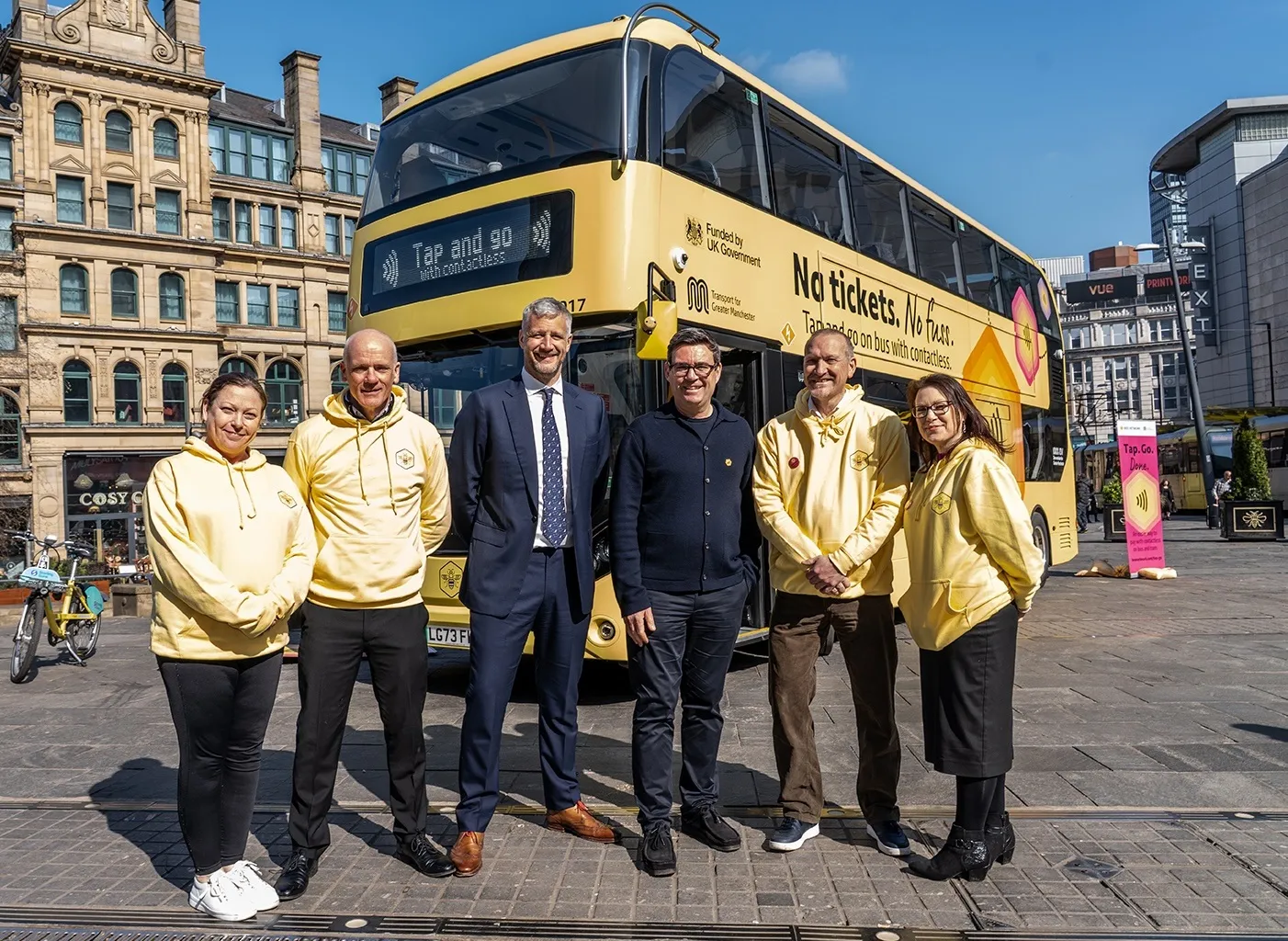Cubic has announced an integrated back office system which can collate charges from tolling, parking and transit ticketing and allocate that to a single account. This not only can allow travellers to receive a single invoice covering all transit modes, it also enables authorities to target and incentivise commuters’ choice of transit mode.
As part of its NextCity regional charging system for travel, we can look at a journey from start to finish and this gives authorities a clearer picture of travel patt
September 16, 2014
Read time: 2 mins
As part of its NextCity regional charging system for travel, we can look at a journey from start to finish and this gives authorities a clearer picture of travel patterns than that revealed by the records of individual parts of what may be a multi-modal journey,” said Cubic’s director of Technical Solutions, James Connors.
Speaking to
He said that most of the software is standard third party tools: “the only bit we have written is the bit that links all these disparate transactions together.”
The system can work with the full range of transaction capture equipment and protocols and can process pre-pay, post pay and mobile payment methods.










